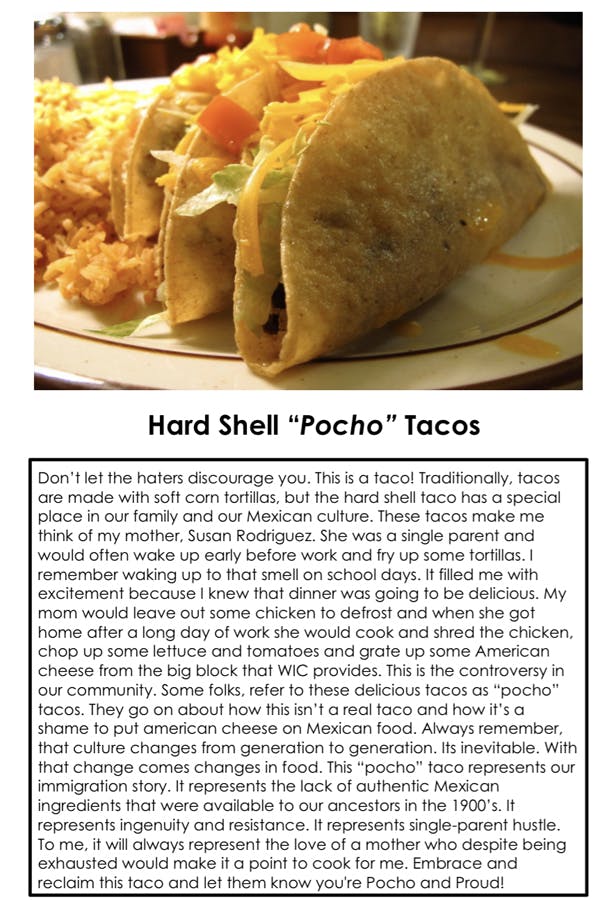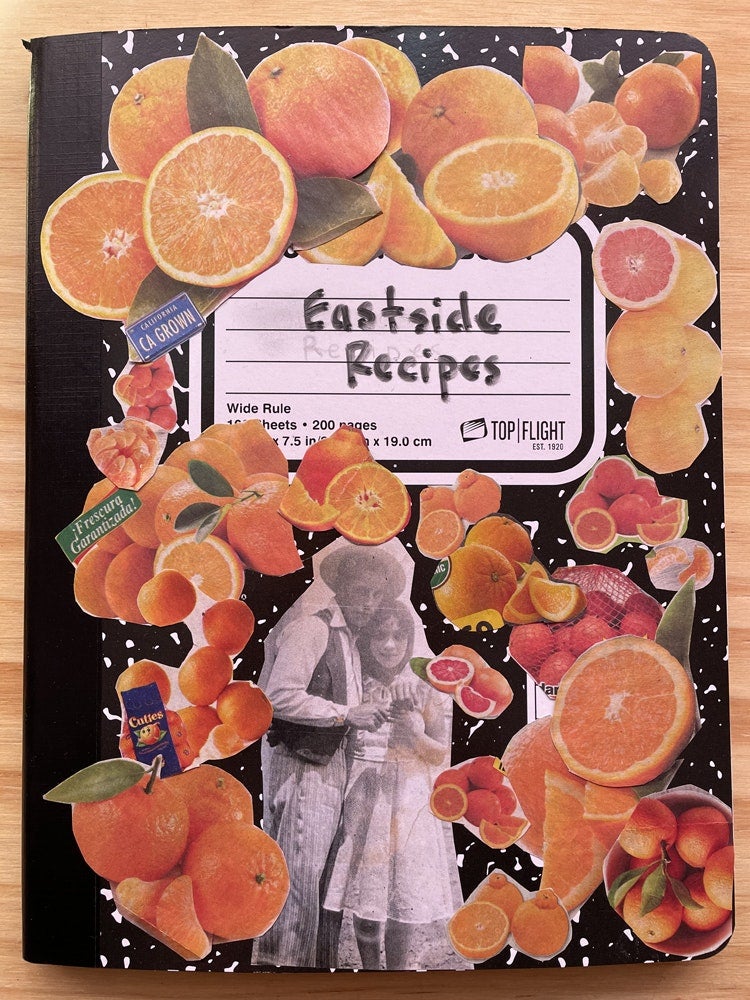Throughout the last year, home cooking has been on the rise in the wake of lockdowns and take-out only during the COVID-19 pandemic. The New York Times Cooking section sends out regular emails with new recipes and encouragement for those new to cooking or who are simply burnt out on having to create meals at home. But only a token level of attention has been focused on the workforce that delivers, prepares and most importantly, cultivates and harvests the food that the public consumes.
UCLA Center X’s History-Geography Project and the Public History Initiative at UCLA have set out to change that. A weeklong workshop titled, “Food Connects Us,” was presented in March for students, teachers, and families. Daniel Diaz, director of the History-Geography Project, and Tawny Paul, director of the UCLA Public History Initiative, organized activities focusing on farm labor and justice, with artists and activists who shared demonstrations and artwork that further explored these issues. The workshop was presented with a grant from the UCLA Luskin Center for History and Policy.
“The concept was to create a program that took this idea of ‘farm-to-table’ and really explore the labor lens of that,” says Diaz. “The UCLA History-Geography Project [emphasizes] policy and helping people understand current events through a historical lens to promote policy that would be beneficial. We contextualized this week of workshops by having historian talks about the farm labor movement [and] where it’s going.”
Paul notes that while the pandemic has shed light on the lives of essential workers, food laborers are often the most affected and least discussed.
“One of the things we wanted to highlight is that even if the pandemic has made us more aware of the labor challenges facing agricultural workers, a lot of this stuff isn’t new,” she says. “There’s a very long history, especially in a place like California which has such a strong agricultural industry… of labor struggle for agricultural workers.
“We were using the image of invisible hands when we thought up this project. There are people who are responsible for our most basic needs – food on our table – and yet, we don’t know anything about them. Most people are very unaware of their existence, and so we wanted to really highlight that and use … the long history of labor struggle, as a kind of call to action.”
The workshop included talks and presentations by Maite Gomez-Rejón, a chef, historian and educator, who spoke of the local history that surrounds the orange and the avocado and demonstrated a recipe with these ingredients; and Matt Garcia, professor of history and Latin American, Latino, and Caribbean studies at Dartmouth College, who spoke on the geographical and cultural boundaries that are crossed by food and food laborers. Activist and photographer David Bacon presented his documenting photographs of agricultural labor in the COVID-19 pandemic, and artists from La Plaza de Cultura y Artes gave a talk on the farmworker rights iconography of the United Farm Workers Movement, with the opportunity for participants to create their own protest art.

Diaz’s personal family history includes his great-great grandparents and great-grandparents who worked in the citrus industry in Riverside, California. His culminating presentation invited participants to create cookbooks based on their own family histories around food and its production.
“We had conversations about … being more socially responsible and how important food and culture is,” says Diaz. “The question that we explored for the week was, ‘How can my [cultural] identity not come at the risk of others’ humanity?’ We need to think about [how] the food that we eat and where we buy it impacts labor and the environment.”
“With all the emphasis on food and cooking as part of this pandemic, mealtimes can be really important teachable moments for families and reflective moments for many of us,” says Paul.
“It’s important that you know when we’re preparing food, when we’re eating, when we’re purchasing food that we’re mindful of the impact that that food has on other people. I think that’s at the heart of this … history can help us to understand how food is so integral to sustaining culture, but also, the long-term impacts that it has had on certain communities of workers.”
Diaz notes that his Center X colleagues who attended the “Food Connects Us” workshop, were inspired by the focus on labor justice and will explore ways to teach math and science through discussions on labor justice and farmworkers in a webinar on Tuesday, June 1, 4-5 p.m., PST. To attend this event, register at this link.
To view presentations from the “Food Connects Us” workshop, visit this link.
Courtesy of Daniel Diaz
